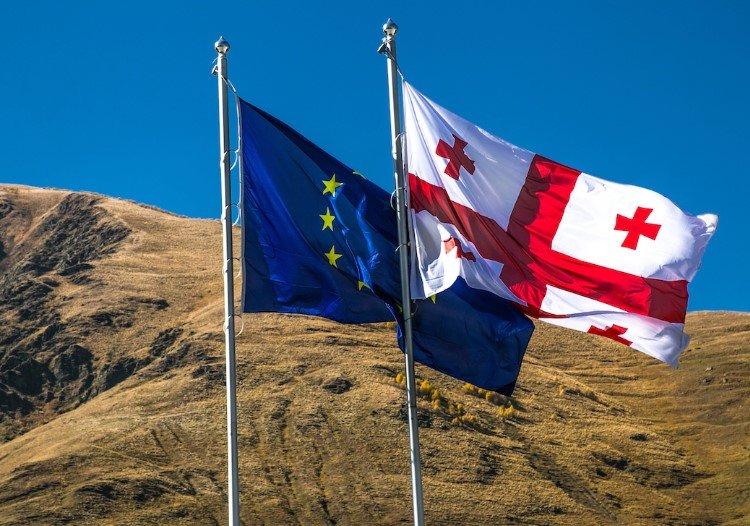The Georgian government’s recent actions have raised concerns about the country’s European Union (EU) integration path. Josep Borrell, the High Representative of the European Union for Foreign Affairs and Security Policy, expressed these concerns during a press conference following a meeting of EU Foreign Affairs Ministers in Luxembourg.
Background
The adoption of the controversial law “On transparency of foreign influence” has negatively impacted Georgia’s progress toward EU integration. Despite claims from Georgian officials that this law brings the country closer to the EU, Borrell emphasized that the opposite is true. The law and the surrounding developments are pushing Georgia away from the EU.

Clear Message
Borrell’s message was unequivocal: Georgia’s government must change its course of action to ensure progress on the EU path. The majority of ministers present at the meeting agreed that the current trajectory is detrimental to Georgia’s European aspirations.
EU Response
In response to these developments, the EU plans to take several measures:
- Support for Civil Society and Media: The EU will increase support for civil society organizations and media outlets in Georgia.
- Countering Disinformation: Efforts will be made to counter disinformation campaigns.
- Election Process Support: The EU will provide additional support for the election process.
- Downgrading Political Contacts: Political contacts with Georgia may be downgraded.
- Financial Aid Reconsideration: Financial aid to the Georgian government will be reviewed.
- European Peace Facility: The EU will reconsider its support from the European Peace Facility.
Standing with the Georgian People
Borrell emphasized that the EU stands with the Georgian people and their overwhelming choice in favor of democracy and a European future. However, the government’s actions must align with this vision for Georgia to progress on its EU integration path.
